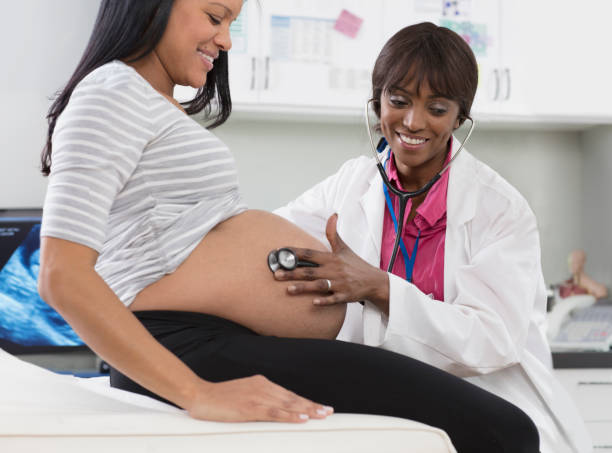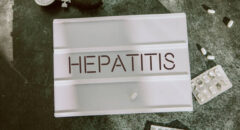
It’s estimated that only a little over 1% of people who are infected with the Hepatitis C virus will be pregnant. Additionally, the virus is likely to be passed on to the baby in approximately 5% of these cases. While these percentages may seem small, they’re significant to the people who have to deal with the disease. If you’re worried about how Hepatitis C can affect your pregnancy, here’s what you need to know.
How You Might Be Monitored While Being Pregnant With Hep C
Most people are diagnosed with Hepatitis C after the initial screening that occurs in the early part of pregnancy. After that diagnosis, your doctor will need to assess you to determine how the virus has affected your liver.
This part is important because of how many people don’t know they have Hepatitis C until it gets to its chronic stage and has started to cause significant liver damage.
While pregnant, you can expect regular doctor visits and different tests to gauge the progression of your disease. Your doctor will also be on the lookout for signs that you’re at risk for other issues such as preeclampsia, preterm birth, or hemorrhaging.
RELATED: Liver-Boosting Foods After Hepatitis C Diagnosis
Your Treatment Options While Being Pregnant With Hep C
Typically the treatment for a Hepatitis C infection is a course of direct-acting antivirals (DAAs). However, this option is not recommended for people who are pregnant as there are no studies about how the drugs will affect a baby.
Certain drugs have even been known to cause fetal deformities and people are advised not to get pregnant for up to six months after the end of treatment.
With this in mind, doctors typically opt for monitoring a pregnant patient and waiting until after birth to start treatment. If you decide to breastfeed, this may further delay treatment as the medication would pass to your child.
How Your Baby Will Be Monitored
While the odds of passing the virus on to your baby are small, your doctor will want to ensure that it hasn’t happened. Generally, this means
performing an amniocentesis procedure to test the amniotic fluid that surrounds the baby. The procedure is safe but many doctors opt to only perform it once or twice during pregnancy.
Additionally, there is a small risk that you could pass the virus to your baby during childbirth so you can expect your doctor to discuss scheduling a Caesarean section with you. Of course, not all doctors agree on that but it might be helpful to talk to your doctor about your safest options.
READ: Ways To Relieve Common Hepatitis C Pains
What Happens After Childbirth
Once your child is born, the way forward will depend on whether or not the amniocentesis tests were positive. In that case, you’ll both be treated with DDAs for the recommended period.
Then you and the baby will be monitored to ensure that the virus has left your systems and there has been no significant damage to your liver. If your baby’s results were negative during the pregnancy, that doesn’t necessarily mean that the coast is clear.
In fact, doctors recommend testing for up to 2 years to ensure that the virus doesn’t emerge. A positive result will be handled with the right protocol of DDAs.
In many cases, Hepatitis C is easily treated but pregnancy can make things a little more complicated.
However, that doesn’t mean it’s impossible. With the right monitoring regimen, your condition will be kept under control until you give birth.
The best thing you can do is to work closely with your doctor to ensure that you and your baby remain healthy during the pregnancy as well as after.









